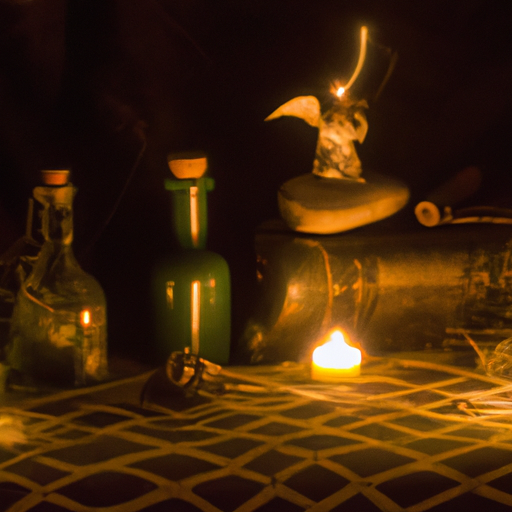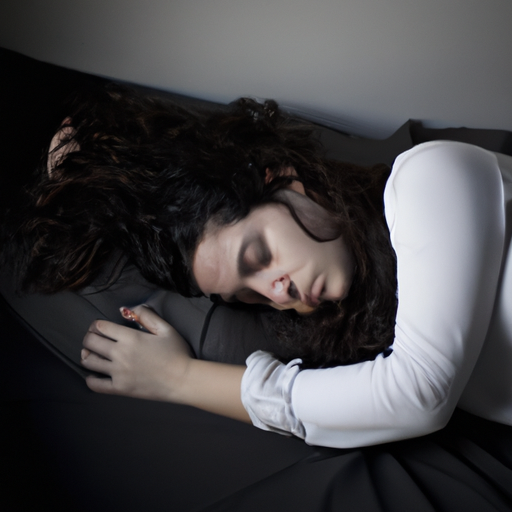
For the longest time, I believed that dreaming was a sign of restful, high-quality sleep. Whenever I woke up from a vivid dream, I felt like I must have had a good night’s rest. After all, dreams seemed like the mind’s way of processing the day, weaving stories and emotions while my body recharged. But as I began to dive deeper into sleep research, I realized that the relationship between dreaming and good sleep isn’t as straightforward as I once thought.
It all started one morning when I woke up feeling more tired than usual, despite having experienced a few intense dreams. I remember lying in bed, recalling the intricate scenes from my night’s dreams — a surreal blend of places I’d never been, people I barely knew, and emotions that felt oddly real. Yet my body ached and my mind was foggy, which puzzled me. Was dreaming really an indicator of good sleep?
Curiosity led me to explore what happens during different stages of sleep. I discovered that dreaming primarily occurs during the REM (Rapid Eye Movement) phase, which is just one part of the whole sleep cycle. REM sleep is indeed important for cognitive functions like memory consolidation and emotional regulation. However, deep non-REM sleep, often called slow-wave sleep, plays a crucial role in physical restoration and immune system support.
This revelation made me rethink the meaning of dreams in the context of sleep quality. It turns out, you can have vivid dreams and still experience fragmented or insufficient sleep overall. Factors like stress, irregular sleep schedules, or underlying health issues can lead to frequent awakenings or reduced slow-wave sleep, even if REM sleep – and dreaming – still occurs.
Armed with this knowledge, I started paying more attention to how I felt upon waking rather than just whether I remembered my dreams. There were nights when I had no recollection of dreaming, yet I woke up refreshed and energized. Conversely, some mornings after vivid dreams, I felt restless or groggy. This contrast was a clear sign that dreaming alone doesn’t guarantee the quality of my sleep.
To improve my sleep, I established a consistent bedtime routine that included winding down without screens, practicing mindfulness meditation, and creating a comfortable sleep environment. Over the weeks, I noticed a positive change. My dreams became less erratic, and I woke up feeling more refreshed. Importantly, I learned to appreciate sleep as a holistic experience where dreaming is just one aspect.
Reflecting on my journey, I’ve come to understand that dreaming is a complex and fascinating part of our sleep, but it isn’t a reliable marker of good sleep by itself. Instead, how rested and alert you feel during the day is a better indicator. If you find yourself waking up tired even after vivid dreams, it might be time to look at other factors affecting your sleep health.
In the end, dreaming is a beautiful mystery of the mind, but good sleep depends on a balance of all sleep stages working together. Embracing this perspective helped me cultivate healthier sleep habits and, ultimately, a better quality of life.






